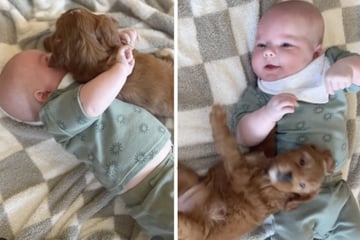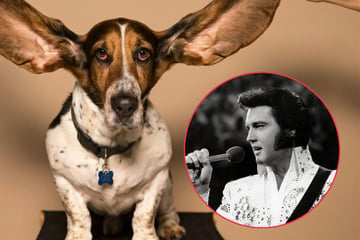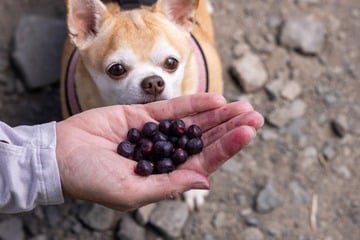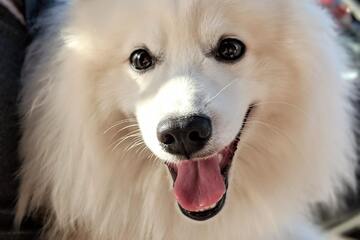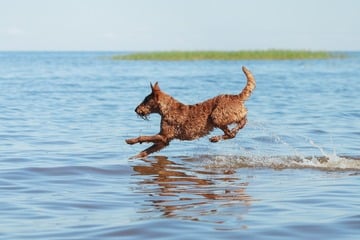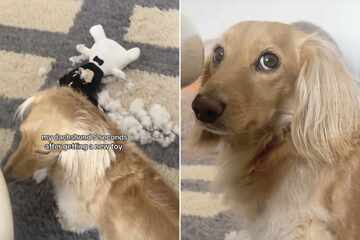Why do dogs eat grass?
We've all been there: you're out on a pleasant walk with your dog and you suddenly discover your canine companion snacking on the greenery. So why do dogs eat grass, and is this anything you should worry about?
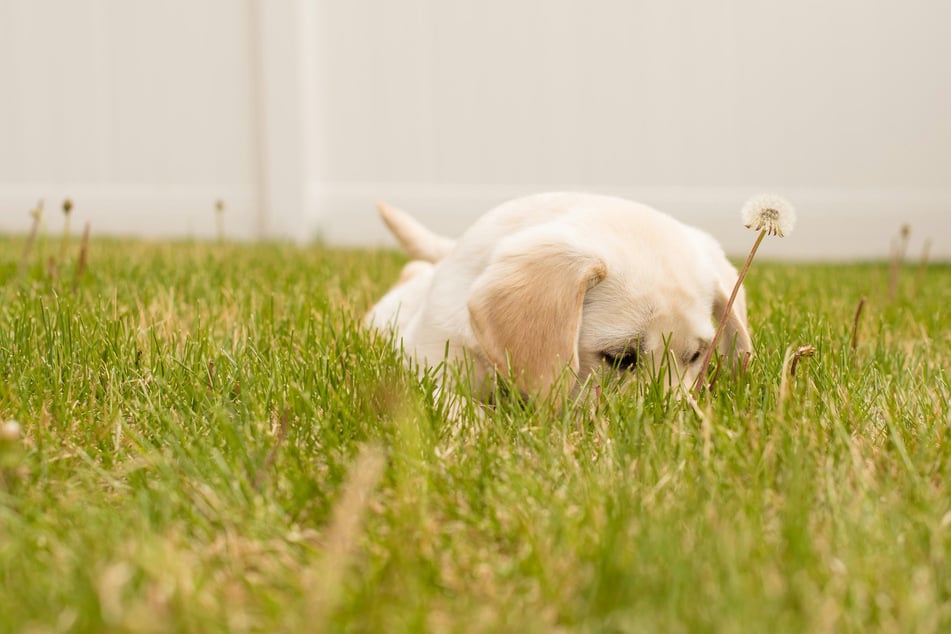
Has your dog been chowing down on the lawn? Is it eager to nibble on a little green kibble? Is it munching on the mulch?
If you're a dog owner, chances are your pet has eaten a handful of grass on more than one occasion.
So what is behind this behavior? Does it mean your dog is feeling sick, as is often assumed? And what can you do to curb this impulse if it makes your pooch throw up constantly?
Let TAG24's dog guide solve this mystery and put your mind at ease!
Why do dogs eat grass?
Multiple answers could explain why your dog keeps eating grass. Some are completely innocuous and nothing to worry about, while others can indicate something a little more troubling and, in some cases, dangerous. What's important is that you identify the main reason, don't panic, and take appropriate steps.
Here are the most common reasons why your dog eats grass:
- Digestion issues: Dogs which are suffering from issues in their gut often turn to grass to help relieve their digestive issues and illnesses.
- Out of boredom: When a dog is bored, it does weird things. Sometimes those weird things involve eating random stuff that they find.
- Hunger or nutritional deficiency: If your dog is really hungry or is lacking is some key nutritional requirements, it will start to eat anything that is even closely edible. This would include grass.
- Anxiety: Dogs that are worried or anxious are more likely to behave in strange and unexpected ways.
- To induce vomiting or poo: If your dog has a serious gastric problem and needs to vomit or relieve itself, it will start to eat grass.
- Sickness: There are also more serious illnesses with symptoms that make your dog want to eat grass. They can include:
- Inflammatory bowel disease
- Various parasites
- Gastrointestinal diseases
It is vitally important that if your dog's grass-eating behavior gets extreme or is clearly caused by a health issue, you get it addressed straight away by a veterinarian.
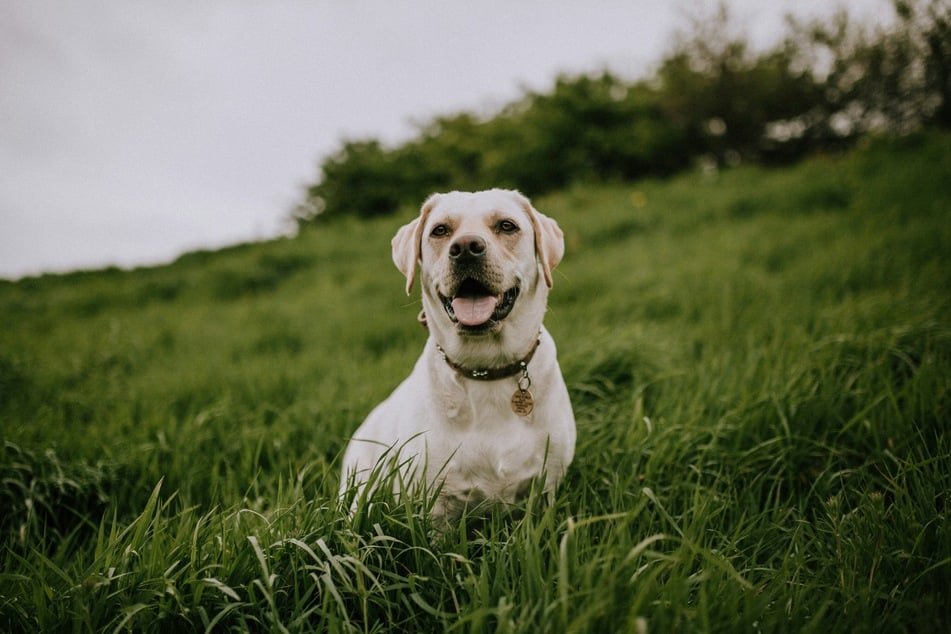
Dogs eat grass when sick and needing to vomit
Due to the fact that grass contains fiber, which soothes the stomach, dogs will consume these leafy greens to help their stomach. In situations where they need to vomit or have some form of a hairball, your pooch will start to eat bits of grass to help breakdown the lumps in its gut and throat, and aid in either digesting or throwing up the obstruction.
In addition, grass helps to lower the acidity (pH) level in its gut, reducing pain and any symptoms that may come from issues in the stomach that are coming from heightened acidity. For example, if food has triggered a response in your dog that sees it suffering from reflux, grass helps to cool down both the symptoms and issue, returning its gut to equilibrium.
Ultimately, your dog's decision to eat grass is almost certainly an evolutionary response to some kind of stomach-based disturbance. If your doggo isn't chewing grass out of boredom or stress, then it is almost certainly to help relieve itself either through the bottom or through the top.
Important: While it is a natural behavior, the more severe health issues that can be associated with a dog's grass-eating habits can be a true worry. As a result, we suggest you get in touch with the vet.
What can I do when my dog is eating grass?
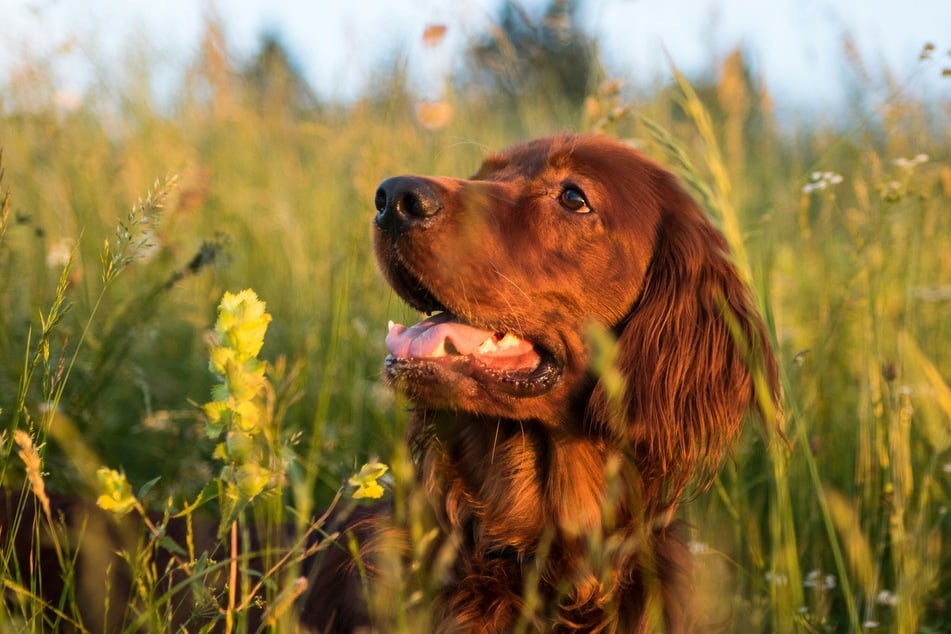
If your dog has started to eat grass obsessively, there is only one thing to be done: take it to the veterinarian straight away. Ultimately, it's probably nothing, but seeing as neither you nor us are experts, you shouldn't go by your gut instinct or things you have read online.
Once a professional has established what is causing the behavior, there are a few things that you can do to keep your dog happy and healthy while it is going through treatment.
Here's what to do if your dog is eating a lot of grass:
- Ensure a healthy and nutritious diet that is unlikely to trigger any gut issues. Ask your vet for details.
- Increase fiber into your dog's diet, if necessary, to help remove any potential obstructions.
- Provide plenty of water to keep your pet hydrated.
- Get a bunch of new toys to keep your dog happy and occupied.
- Provide lots of spots that are out of the way and comfortable for your dog to rest in peace and undisturbed. Make sure that the spot is easily accessible.
- Give your dog as much time, attention, and affection as possible.
If your dog has been eating grass, you don't need to worry too much. But if you notice anything concerning, don't hesitate to go to the veterinarian.
Cover photo: Unsplash/Shane Guymon
